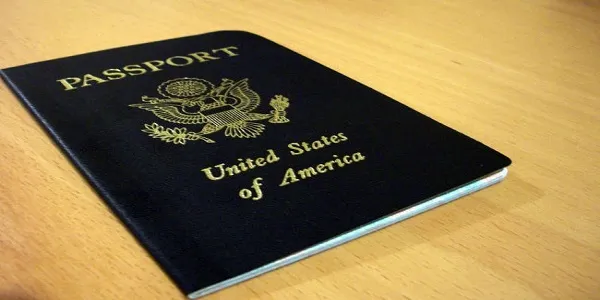Are you a South Korean citizen planning to visit India? Look no further! We’ve got all the information you need about obtaining an Indian visa. From types of visas available to application procedures, we’ve got it covered. So sit back and relax as we take you on a journey through everything you need to know about Indian visas for South Korean citizens. Don’t let the visa process stand in your way of exploring the wonders of India – read on to find out how easy it can be!
Introduction to Indian Visa for South Korean Citizens
India offers e-visas for South Korean citizens! The e-visa is valid for 60 days from the date of arrival in India and can be used for multiple entries into the country. To apply for an e-visa, please visit the website of the Ministry of Home Affairs. Please note that you will need to have a valid passport with at least six months’ validity remaining, as well as two blank pages for visas. You will also need to provide a digital photograph taken within the last three months, as well as proof of onward travel from India. The cost of the e-visa is US$60, and it can be paid online via credit card or debit card. After your application has been processed, you will receive an email with your e-visa attached. Please print this out and bring it with you when you travel to India. Indian Visa for South Korean Citizens
Requirements for South Korean Citizens Applying for an Indian Visa
In order to apply for an Indian visa, South Korean citizens must first obtain a passport that is valid for at least six months from the date of their planned arrival in India. They must also provide two recent passport-sized photographs, as well as proof of onward or return travel arrangements.
Additionally, applicants will need to submit a completed visa application form, along with any required supporting documents. These may include a letter of invitation from an Indian sponsor, evidence of financial means, and proof of purpose of travel. Applicants may also be required to undergo an interview with consular officials before their visa can be approved.
Types of Indian Visas Available for South Korean Citizens
There are four types of visas available for South Korean citizens applying to visit India: business, tourist, student, and medical visas. Business visas are valid for up to six months and allow multiple entries into the country. Tourist visas are valid for up to six months and allow multiple entries as well. Student visas are valid for the duration of the student’s course of study in India, up to five years. Medical visas are valid for up to one year and allow multiple entries.
Required Documents and Supporting Evidence
All foreign nationals visiting India are required to possess a valid international travel document in the form of a national passport with a valid visa obtained from an Indian Mission or Post abroad. All Individual foreign nationals must apply for an appropriate Indian Visa before travelling to India. The type of Indian Visa depends upon the purpose and duration of stay in India.
The following documents are required for applying for an Indian Visa:
– A duly filled and signed application form
– A recent passport-size photograph
– Your passport (valid for at least six months from the date of your journey) . Indian Visa for Taiwan Citizens
– Supporting evidence for the purpose of your visit (e.g., invitation letter, business contract, conference details, etc.)
– If you are travelling on a student visa, you will need to submit additional documents, such as proof of admission to an educational institution in India
– If you are travelling on a medical visa, you will need to submit a letter from a hospital or doctor in India detailing the purpose of your medical treatment
Processing Time and Fees
The processing time for an Indian visa for South Korean citizens is typically around 4-6 weeks. However, it is important to note that the processing time may vary depending on the individual circumstances of each applicant. In addition, there is a non-refundable visa application fee of INR 3,600 (approximately $50 USD) that must be paid at the time of application.
Alternatives to the Indian Visa
There are a few alternatives to the Indian Visa for South Korean citizens. The first is to apply for a business visa. This can be done by filling out an online application and providing supporting documents. The second alternative is to apply for a tourist visa. This can be done by filling out an online application and providing supporting documents. The last alternative is to apply for an e-Visa. This can be done by filling out an online application and providing supporting documents.
Comparing the Indian Visa with Other Visas
Indian visa requirements for South Korean citizens are relatively simple and straightforward when compared to the requirements of other countries. For example, unlike many other countries, India does not require a visa for business or tourist visits of up to 60 days. In addition, there is no need for an onward ticket when entering India on a business or tourist visa.
For those staying in India longer than 60 days, a visa extension can be obtained from any Indian embassy or consulate. The process is relatively simple and can be done online. There are also a number of private visa services that can assist with the process.
The Indian visa process is much less complicated and time-consuming than the process for other visas, making it a good option for those planning to visit India.
Conclusion
Indian visa for South Korean citizens is a great way to explore the many wonders of India. With the right planning and preparation, you can ensure that your trip to India goes off without a hitch. From understanding what documents are required for an Indian visa application, to learning about different types of visas available, this article has hopefully provided you with all of the information that you need on travelling to India as a South Korean citizen. Bon voyage!


